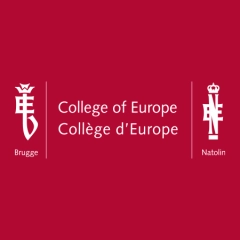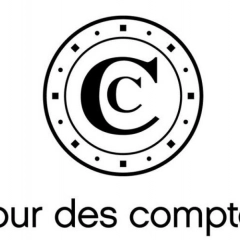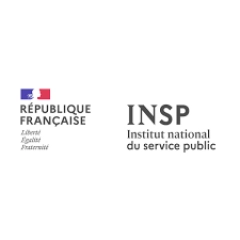Learning corner
Practical EU Presidency Skills
The success of a Council Presidency relies heavily on its ability to ensure momentum and achieve results. The Presidency has to deliver results within complex formal and informal processes of negotiation and elaborate cross-cultural and interpersonal communication. This course covers the strategic, logistical, procedural, and practical aspects of these challenges, and the action steps as well as the inter-personal skills required to successfully manage them.
The course is tailor-made to national officials and representatives scheduled to be involved in the management of the negotiations and EU decision-making procedures during their turn in the driving seat of the Presidency of the Council of Ministers working parties of the European Union.
What will you learn:
This course covers the strategic, practical, and interpersonal aspects of the complex formal and informal dynamics of the negotiation processes under the leadership of Council Presidencies. The course advises members of ‘Presidency teams’ on how to get results collectively and survive individually. It focuses on communication aspects and public speaking performance.
It also aims to contribute to an exchange of practices and to foster connections between different Presidencies. The seminar is highly interactive and consists of a combination of simulation exercises, workshops, case studies and presentations.
Note: Good prior knowledge of EU decision-making is required to take full advantage of the training.
Why attend?
The key objective of the programme is to update and upgrade, in a practical way, the tactical and relevant strategic Presidency skills of the participants. After this training, they will be appropriately equipped to:
- Find their place, role, and added value during the Presidency
- Open, conduct, lead or assist meetings; from presenting the agenda to proposing a Presidency compromise text
- Read the positions, interventions, and tactics of national delegations
- Manage efficiently the relations with the Council Secretariat, the Commission, the national delegations, and EP representatives within the required formal procedures and the established informal processes
- Acquire and try out negotiation techniques to bridge the gaps, strike deals, craft compromises, and overcome stalemates.
Course methodology
The programme follows an interactive approach centred on situation rooms, workshops, simulation exercises, exchanges of best practices, as well as reality check. Throughout the learning process, participants will have the opportunity to audit – and improve – their knowledge and practice of negotiation and communication skills, in order to appropriately and collectively defend the role, functions, and prerogatives of the Presidency team members. In order to optimize the learning experience, participants will be invited to undertake some “homework” between the sessions planned.
The learning by doing approach of the programme relies therefore on the presence and active involvement of all participants during the training. It builds on the sharing of experience and requires a sufficient availability of the participants to prepare, contribute to, and attend the various sessions scheduled in the programme.






